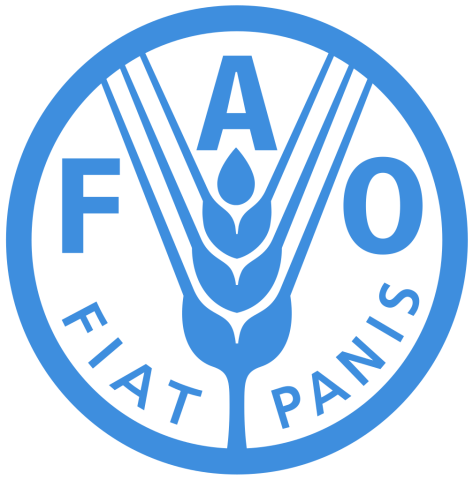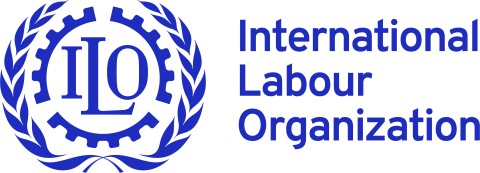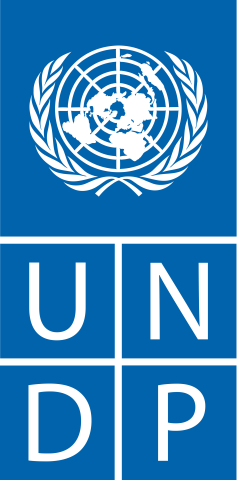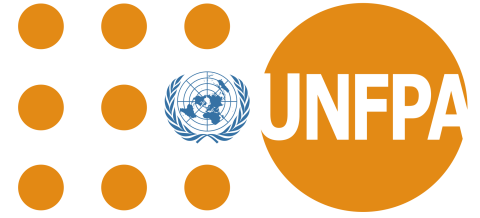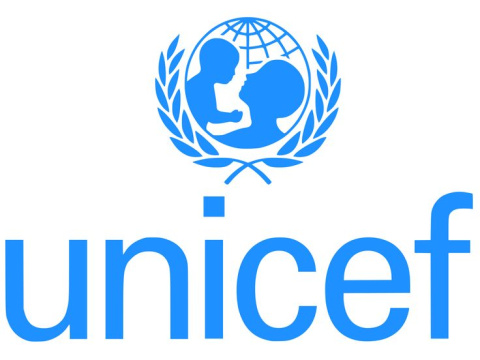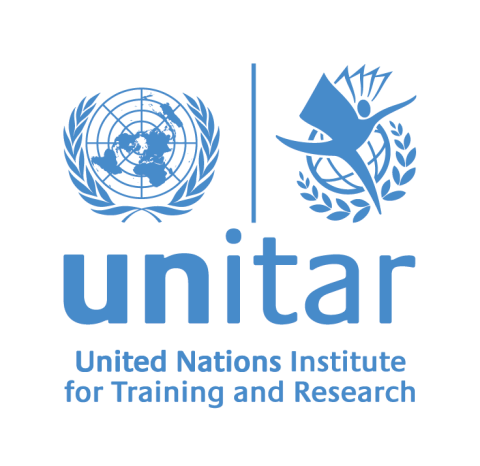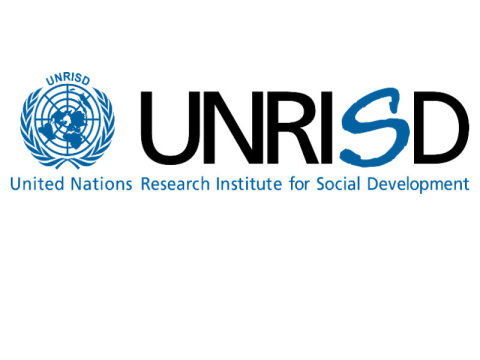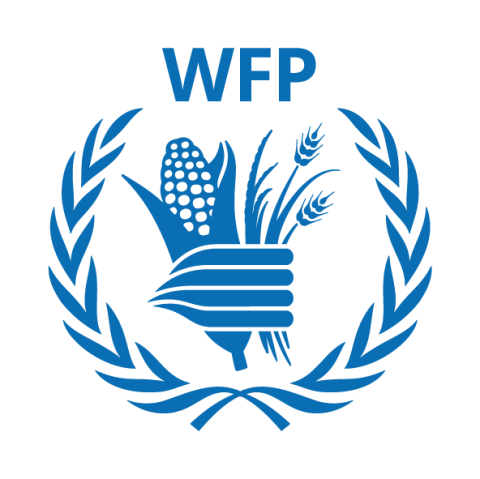
Sobrescribir enlaces de ayuda a la navegación
- Esta página fue traducida usando traducción automática. Leer más.
Investigación y clasificación
Los expertos científicos de la OMS establecen la agenda mundial de investigación relacionada con la salud. Identifican lagunas de conocimiento y nuevas áreas de preocupación. La OMS recopila y combina los hallazgos, brindando acceso a información que puede salvar vidas a gobiernos y profesionales médicos de todo el mundo. Desde su creación, la organización identifica y clasifica enfermedades, un punto de partida para todas las actividades de investigación, lo que hace posible reunir datos estadísticos sobre ciertas condiciones de salud. Este conocimiento permite a la OMS hacer recomendaciones sobre prevención y tratamiento de enfermedades.
Además, las Naciones Unidas financian investigaciones médicas para mejorar los conocimientos y encontrar soluciones para combatir las enfermedades. Un ejemplo de ello es el “Programa Especial de Investigación y Capacitación sobre Enfermedades Tropicales” (con sede en Ginebra). Se concentra principalmente en enfermedades relacionadas con la pobreza. A través del programa, las Naciones Unidas patrocinan actividades de investigación y ayudan a encontrar soluciones eficaces, por ejemplo, para romper las cadenas de infección en los países afectados.
Control de brotes de enfermedades
Las Naciones Unidas han logrado algunos éxitos notables en la lucha contra las enfermedades infecciosas que ningún país podría haber logrado por sí solo. La OMS y el UNICEF juntos suministran vacunas al 45% de los niños del mundo, salvando tres millones de vidas cada año. Mediante sus campañas de vacunación sin precedentes, las Naciones Unidas han erradicado, o están a punto de eliminar, varias enfermedades: la viruela se erradicó en 1979, mientras que la polio, aunque todavía existe, se ha reducido en un 99%.
El sistema de las Naciones Unidas responde a las enfermedades emergentes o a las elevadas tasas de infección. En 1996, se fundó ONUSIDA como reacción a la devastadora pandemia del VIH. La organización trabaja para reducir el número de nuevas infecciones mediante campañas de concienciación. Hace lobby para lograr un acceso global al tratamiento y para que se realicen más investigaciones para mejorar las opciones de prevención y tratamiento, e incluso una posible cura. Por último, ONUSIDA hace campaña para poner fin a la estigmatización de las personas que viven con el VIH o el SIDA.
En 2014, las Naciones Unidas desplegaron su primera misión sanitaria de emergencia: personal médico y técnico de diferentes entidades de las Naciones Unidas viajó a África occidental en respuesta al brote mortal de ébola: un enfoque intensivo en recursos, rápido, flexible y entre entidades que ayudó a contener la enfermedad altamente infecciosa.
A través de su red mundial, la OMS vigila la propagación de enfermedades y alerta a los Estados sobre el aumento de la propagación de virus o bacterias. Por ejemplo, la OMS declaró la enfermedad por coronavirus una emergencia de salud pública de interés internacional en enero de 2020 y una pandemia en marzo de 2020. Este mecanismo de alerta incita a los gobiernos a liberar recursos financieros y técnicos para contrarrestar el brote. En tal situación, la OMS también emite avisos sobre atención sanitaria para los gobiernos y los ciudadanos.
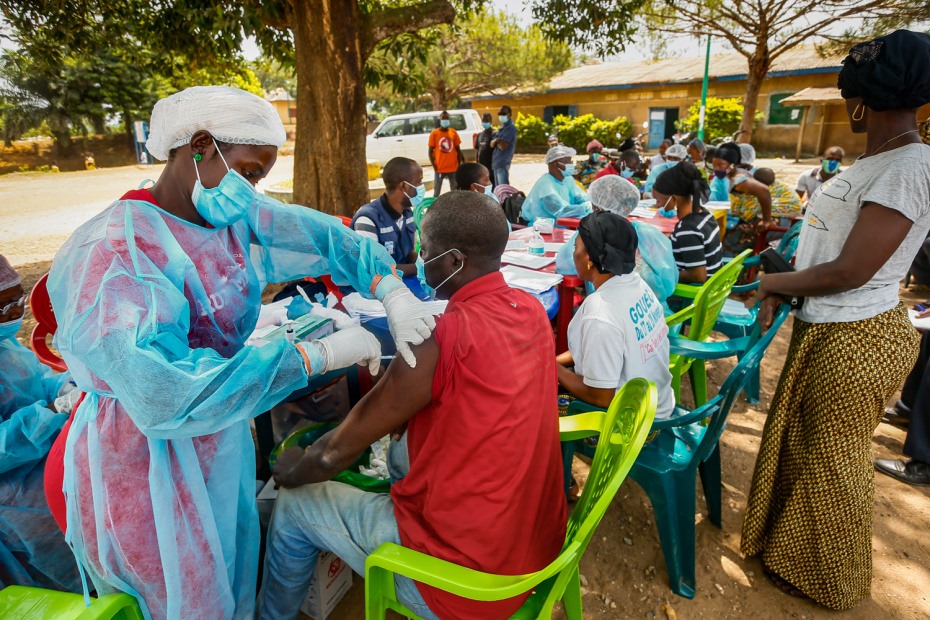
Apoyo gubernamental
Atención sanitaria universal
En la actualidad, al menos la mitad de la población mundial no tiene acceso a los servicios de salud que necesita. Las Naciones Unidas apoyan a los gobiernos de múltiples maneras para permitirles ofrecer mejores servicios a sus ciudadanos. En la mayoría de los países, la cobertura sanitaria universal, es decir, el acceso a los servicios de salud y un sistema de financiación para todos, es un objetivo que aún no se ha alcanzado. Las Naciones Unidas ayudan a los países que están pasando a un sistema de atención de la salud pública. La OMS capacita a los funcionarios públicos sobre cómo financiar la cobertura sanitaria universal y ayuda a los gobiernos a desarrollar las políticas necesarias. Las entidades de las Naciones Unidas también ayudan a determinar las necesidades de atención de la salud en cada país y asesoran sobre equipos y suministros médicos.
Acceso igualitario a medicamentos que salvan vidas
La ONU hace lobby por un acceso igualitario a la atención médica en todo el mundo. Durante el auge de la pandemia de COVID-19, la ONU instó a los países industriales a donar vacunas a otros estados. La OMS coordinó la distribución y UNICEF desempeñó un papel importante en la entrega de vacunas.
En mayo de 2022 , se habían administrado más de 11 mil millones de dosis de vacunas a personas en todo el mundo, de las cuales más de 1.500 millones se enviaron a través de COVAX, la campaña de vacunación contra la COVID-19 de las Naciones Unidas.
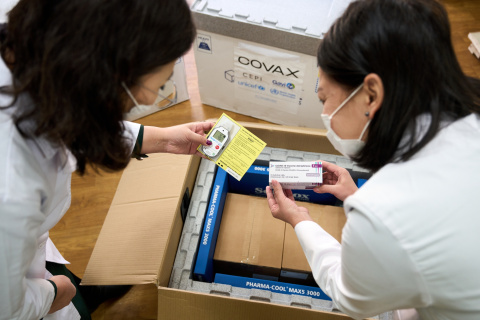
Respuesta de emergencia
Las emergencias, ya sean desastres naturales o estallidos de conflictos y guerras, provocan lesiones y enfermedades y ponen a prueba el sistema nacional de atención de la salud. Dos cosas se combinan: los hospitales y las clínicas pueden haber sido destruidos o ya no son accesibles, mientras que la necesidad de atención de la salud se dispara. El sistema de respuesta de emergencia de las Naciones Unidas se pone en marcha cuando un país necesitado lo solicita. La OMS dirige el grupo de salud que coordina a los organismos de las Naciones Unidas y las ONG para evaluar las necesidades médicas y proporcionar atención de la salud.
Buena salud y bienestar
La ONU cree firmemente que la salud significa mucho más que la ausencia de enfermedad. Se define más bien como “un estado de completo bienestar físico, mental y social”. Muchas entidades de la ONU, si no todas, contribuyen a lograr este estado de salud integral.
ONU-Hábitat y el Programa de las Naciones Unidas para el Medio Ambiente cooperan para lograr una vida mejor para las personas en ciudades verdes, con menos contaminación del aire, suministro de agua potable, gestión de residuos y acceso a espacios naturales. La Organización Internacional del Trabajo , con sede en Ginebra, hace cumplir los derechos de los trabajadores, por ejemplo, el derecho al ocio y la recuperación, o el derecho a trabajar en un entorno de trabajo seguro.
Mientras que el UNFPA trabaja en el ámbito de la salud sexual y reproductiva, el UNICEF se dedica al bienestar de los niños y sus padres. El impacto de la organización abarca desde las salas de maternidad, donde el UNICEF suministra equipos de obstetricia y distingue a los hospitales amigos de los niños que permiten la lactancia materna desde el primer día, hasta los programas nutricionales para niños desnutridos o los sistemas de protección para niños en peligro de sufrir abuso físico o mental.
ACNUR , la organización de la ONU para los refugiados, se ocupa de todas las necesidades de las personas que huyeron de sus hogares, incluida la atención médica y psicosocial. La FAO , el PNUD y el PMA trabajan en el suministro de alimentos saludables, ayudando a establecer técnicas agrícolas sostenibles o asesorando sobre hábitos nutricionales saludables en diferentes rincones del mundo.
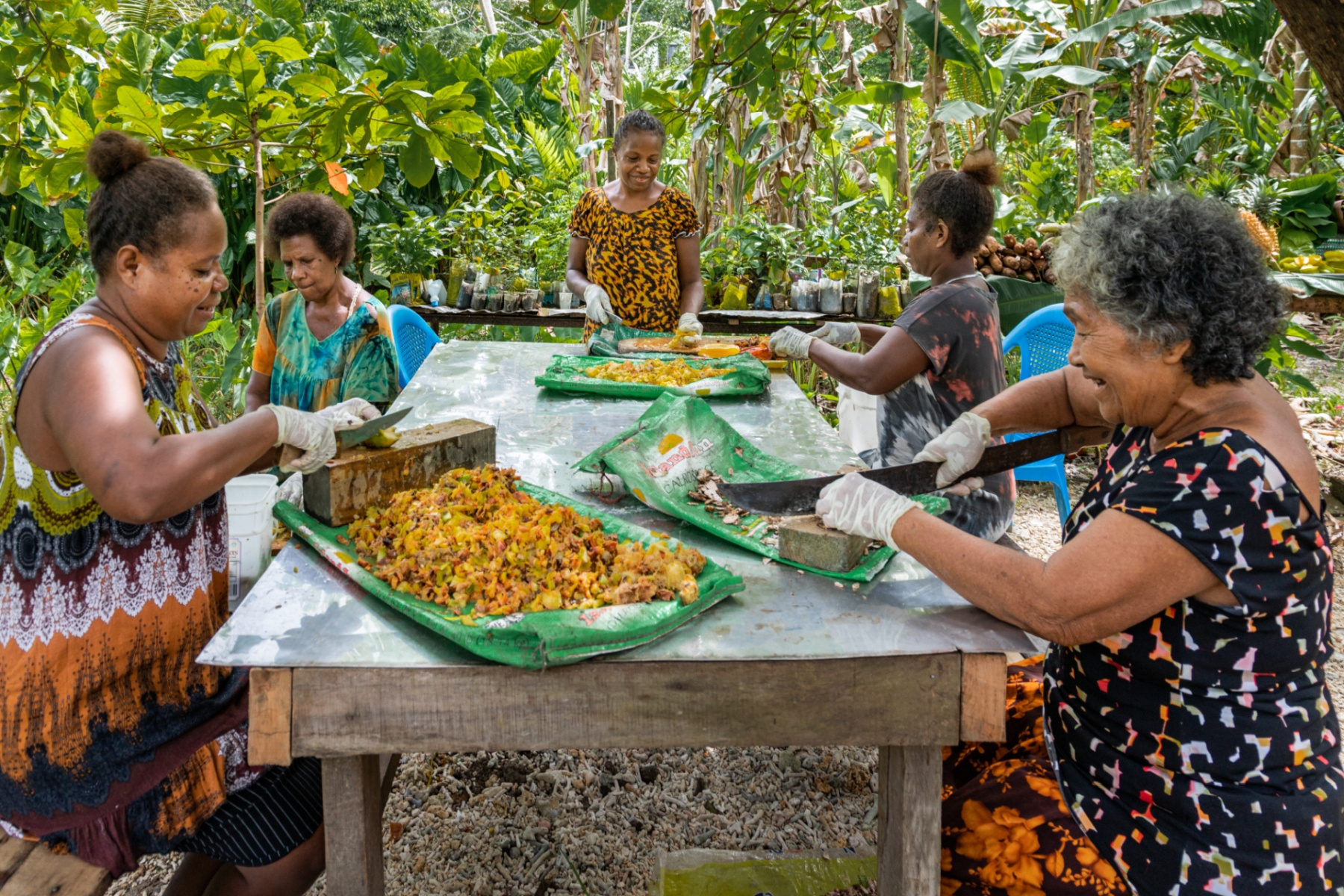
Organizaciones que trabajan en temas de salud
La Organización de las Naciones Unidas para la Agricultura y la Alimentación lidera los esfuerzos internacionales para vencer el hambre. Sirviendo tanto a los países desarrollados como a los países en desarrollo, la FAO actúa como un foro neutral donde todas las naciones se reúnen como iguales para [...]
La Organización Internacional del Trabajo es la agencia de las Naciones Unidas para el mundo del trabajo. Reúne a gobiernos, empleadores y trabajadores para impulsar un enfoque del futuro del trabajo centrado en el ser humano a través de la creación de empleo, los derechos en el trabajo, la [...]
El Grupo del Banco Mundial es una institución financiera internacional cuya misión es poner fin a la pobreza extrema y promover la prosperidad compartida en un planeta habitable. Opera en todas las áreas principales de desarrollo y ofrece una amplia gama de productos financieros y asistencia técnica [...]
ONU-Agua es el mecanismo de coordinación de las Naciones Unidas para el agua y el saneamiento. Reúne a más de 30 entidades de las Naciones Unidas y 40 socios internacionales, y garantiza que el sistema de las Naciones Unidas trabaje en conjunto para abordar los desafíos relacionados con el agua y el [...]
ONUSIDA lidera el esfuerzo global para acabar con el sida como una amenaza para la salud pública para 2030 como parte de los Objetivos de Desarrollo Sostenible.
Desde que se informaron los primeros casos de VIH hace más de 35 años, 78 millones de personas se han infectado con el VIH y 35 millones [...]
El PNUD es la principal organización de las Naciones Unidas que lucha para poner fin a la injusticia de la pobreza, la desigualdad y el cambio climático. Trabajando con una amplia red de expertos y socios en 170 países, la agencia ayuda a las naciones a construir soluciones integradas y duraderas [...]
UNFPA, el Fondo de Población de las Naciones Unidas, es una agencia de desarrollo internacional que promueve el derecho de cada mujer, hombre y niño a disfrutar de una vida con salud e igualdad de oportunidades. UNFPA apoya a los países en el uso de datos demográficos para políticas y programas [...]
UNICEF trabaja en los lugares más difíciles del mundo para llegar a los niños y adolescentes más desfavorecidos y para proteger los derechos de todos los niños, en todas partes. En más de 190 países y territorios, hacemos todo lo necesario para ayudar a los niños a sobrevivir, prosperar y alcanzar [...]
Como brazo dedicado a la formación del sistema de las Naciones Unidas, el Instituto de las Naciones Unidas para la Formación Profesional y la Investigación (UNITAR) proporciona soluciones de aprendizaje innovadoras a personas, organizaciones e instituciones para mejorar la toma de decisiones a nivel [...]
La Oficina de las Naciones Unidas contra la Droga y el Delito (UNODC) tiene el mandato de hacer del mundo un lugar más seguro frente a las drogas, el crimen organizado, la corrupción y el terrorismo. La organización se compromete a lograr la salud, la seguridad y la justicia para todos abordando [...]
UNRISD es un instituto de investigación autónomo dentro del sistema de las Naciones Unidas que lleva a cabo investigaciones interdisciplinarias y análisis de políticas sobre las dimensiones sociales de los problemas de desarrollo contemporáneos. UNRISD trabaja en colaboración con una extensa red de [...]
El Programa Mundial de Alimentos de las Naciones Unidas es la organización humanitaria más grande del mundo, que salva vidas en emergencias y da asistencia alimentaria para construir un camino hacia la paz, la estabilidad y la prosperidad de poblaciones que se están recuperando de conflictos y [...]
La Organización Mundial de la Salud (OMS) es la autoridad directiva y coordinadora de la salud dentro del sistema de las Naciones Unidas. Es responsable de brindar liderazgo en temas de salud global, dar forma a la agenda de investigación en salud, establecer normas y estándares, articular opciones [...]

